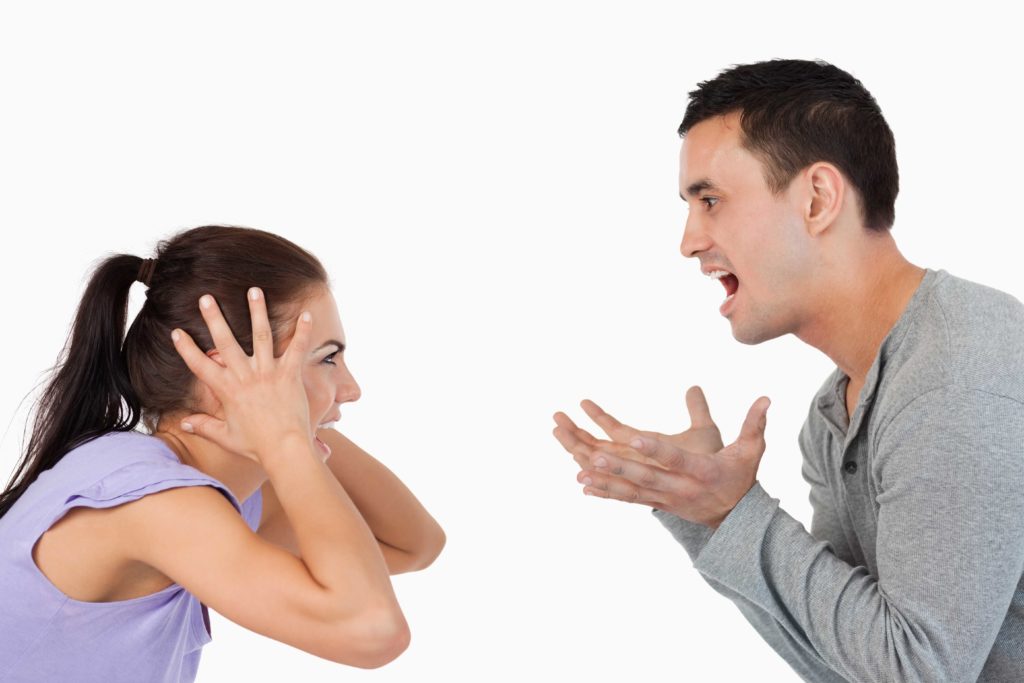“But he loves me”… “But I love him”… “But she loves me”… “But I love her”
These are words heard all too often from women and men who have become victims of domestic violence. In these cases, “love” has become a twisted game of power and control in the victim’s lives.
In a healthy relationship, there is trust, honesty, compassion, forgiveness, respect and communication. Above all, there are boundaries – both emotional and physical. One person in the relationship communicates their boundaries, and in return, the other respects these set boundaries.
In a relationship where there is no respect or value of your emotional and physical health, and boundaries have either never been set or are constantly violated and not respected, the victim finds it hard to stand strong against what they believe in for the sake of “love.”
Statistically, 80% of domestic violence comes from one person in the relationship;
20% from both people in the relationship.
A warped sense of love has been affected by the cycle of abuse. The cycle of abuse often loops from explosion, to a calm lull, to tension. The cycle is then repeated over and over by the abuser. Often, phrases such as, “I’m sorry, take me back” or occasionally, “This is all your fault. You need to do better!” are used to keep the cycle going. Don’t be deceived. Abusers will use many different things to control: sex, privilege, gifts (buying your affection and trust, big promises), technology (monitoring your calls, texts, Facebook, voicemail), intimidation (stalking, harassment), threats (“If you leave me I’ll _____,” “If you do this I’ll_____,”), your spiritual, emotional and physical well-being.
None of these things equal love.
In these moments, please consider what it is that you think you love about that person. Remember that actions speak louder than words and that these actions and words are being masked by manipulation and control, even if it seems to be the most loving of situations.
Remember the true definition of love:
Love is patient, love is kind. It does not envy, it does not boast, it is not proud. It does not dishonor others, it is not self-seeking, it is not easily angered, it keeps no record of wrongs. Love does not delight in evil but rejoices with the truth. It always protects, always trusts, always hopes, always perseveres.
Things to remember if you find yourself in an abusive relationship
First, it’s not your fault! If you have dealt with a past trauma in your life, or struggled growing up in an abusive or neglectful home, it may have changed how you view yourself. You may feel that no one loves you, or that you don’t deserve to be loved or have true happiness. There is nothing farther from the truth. You have so much value and worth, and you are worthy of respect! You deserve so much better than this life you are living.
Take time to consider if you’re ready to be in a relationship. You may need to take some time to establish a stronger sense of identity before committing to a relationship. If you find yourself feeling insecure with being alone, without being in a relationship (feeling like this relationship is better than no relationship, your worth comes through being in a dating relationship, or you aren’t clear on what qualities you want in a person to date), then you need to take some time to process through all these things first. It may be time to break up if any of the following are true: you can’t be yourself, you feel dominated and controlled, you feel betrayed by their actions, you don’t feel physically or emotionally safe around them, you feel disrespected by them, they can’t respect your boundaries. As hard as it may be, your well-being and safety are the biggest priority.
At Advice & Aid, we are here to talk with you and be a support system for you if you find yourself faced with a domestic violence situation. We can also provide you with professional counseling referrals and referrals for women to community organizations like Safehome or Rose Brooks.
You are not alone, and there is help through this crisis.

